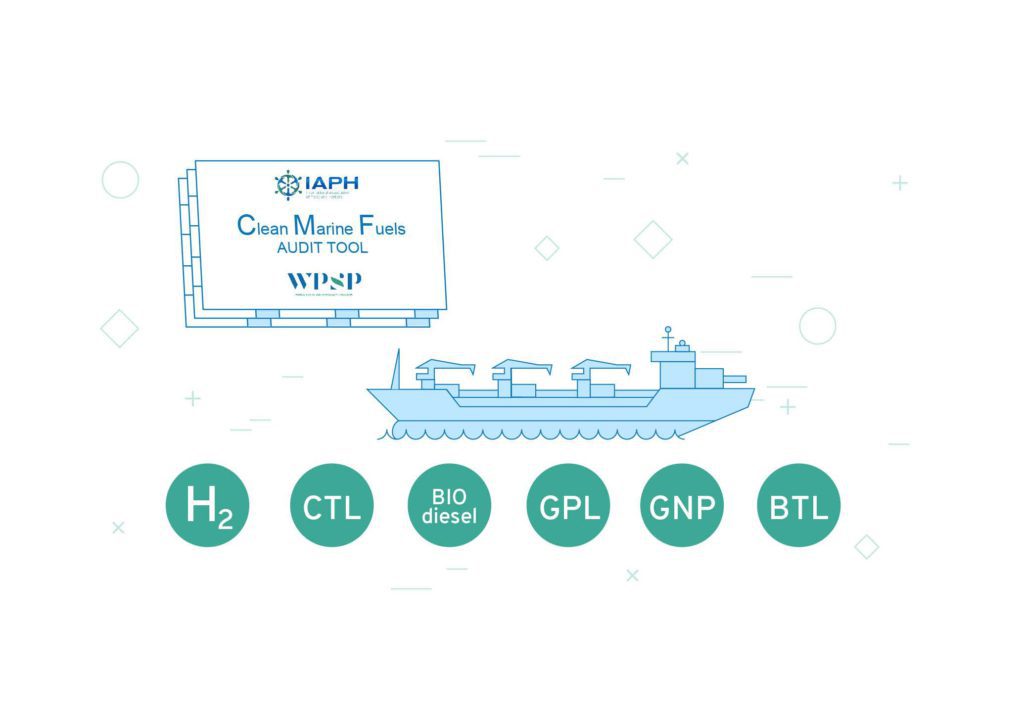Preparing for the future – now
With the imminent entry into force of the 0.50% sulphur limit on 1 January 2020, IMO regulations on fuel sulphur content and nitrogen oxide (NOx) emissions are shaping the future of the marine industry. In April 2018, the IMO has also set targets to cut the shipping sector’s overall CO2 output by 50 percent by 2050. This will transform the fuels used by ships in the decades to come.
While LNG has received the most attention in the past few years as an alternative to heavy fuel oil to comply with international regulations, other alternative fuels are coming into play, including methanol and hydrogen.
Through an open, data-sharing information platform, the Clean Marine Fuels Working Group will build a knowledge base that will help ports to mitigate risks that may arise with the supply and transfer of new, clean marine fuels to ships.
The working group is preparing for further content to be published soon.
